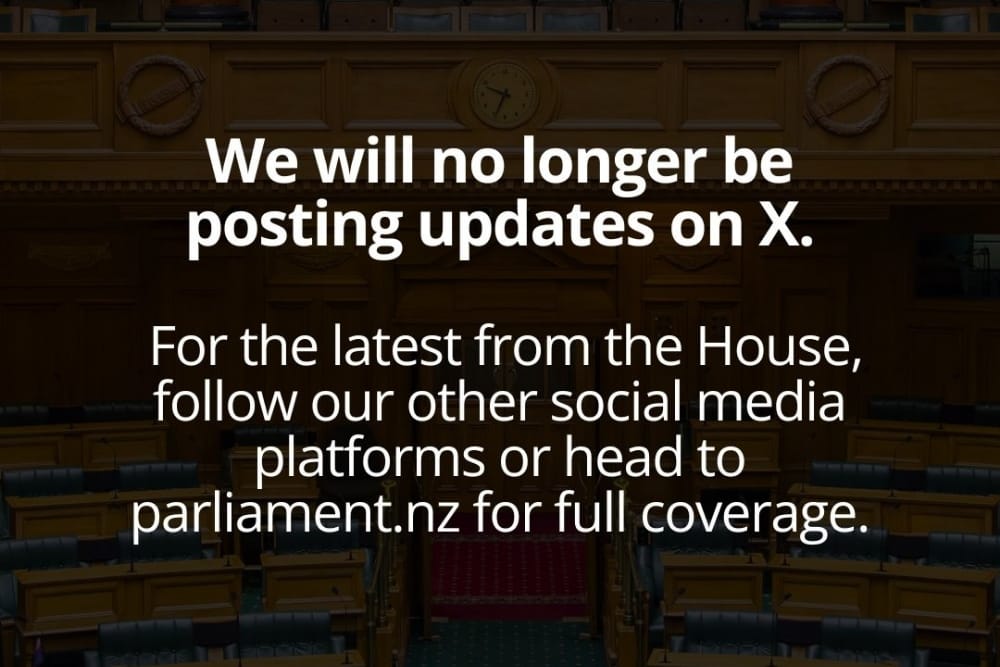By Dr Juliet Chevalier-Watts.
In the last month, hundreds of churches gathered in nine cities across New Zealand to pray for our communities. This was eclipsed by Destiny Church’s actions at LGBT events, triggering widespread scrutiny and raising ongoing questions around whether churches should be exempt from paying income tax.
As an atheist, I thought the answer was probably no, and undertook research alongside Professor Frank Scrimgeour of Waikato University’s School of Accounting, Finance and Economics, with this hypothesis in mind.
Somewhat awkwardly, after more than a decade of research into religion and charity law, including my current research into the economic impact and value of religious charities in New Zealand, I have reached the opposite conclusion:
Without churches, New Zealand would plunge into irreversible poverty and chaos overnight.
The Hidden Value of Churches
The reason charities, including more than 3000 churches in NZ, don’t pay income tax is because the public benefit they provide reduces the burden on the government.
Simply put, without charities, our taxes go up, and disproportionately. This is especially the case with churches, because churches help people in far greater ways than the government could for a lot less money.
They’re driven by more than 65,000 passionate volunteers who are deeply connected to their communities—the average church has six active volunteers for every one staff member, a far more generous ratio than the charity sector average of two volunteer hours for every three hours of paid staff time.
Unfortunately, because churches tend to go quietly about helping people in need, avoiding publicity or attention, there is little research into the value churches provide to NZ, and we don’t hear too many stories about the lives that are changed as a result.
Without churches, New Zealand would plunge into irreversible poverty and chaos overnight.
Our research is hoping to change that, and I can share that we recently found religious charities—the vast majority of which are churches and/or Christian organisations—contributed an enormous $6.1 billion to New Zealand in 2018 alone.
That’s worth more to GDP than entire industries such as commercial fishing and forestry combined—and this excludes numerous indirect benefits and flow-on effects across health and wellbeing, life-expectancy, employment, finances, education, social cohesion and pro-social behaviour.
Here are just a few examples of how churches provide practical help, which we are in the process of quantifying:
Food security and accommodation: Many churches feed the homeless, hungry and isolated and help provide emergency accommodation.
Professional services: Many churches offer free legal advice, financial literacy training, workforce preparation, and addiction, health and wellbeing services.
Pastoral care: Church volunteers provide companionship, transportation, and practical support to the isolated, poor and elderly, for example taking them shopping, to medical appointments, or covering funeral expenses.
An Opportunity to Acknowledge and Empower Churches
Despite this immense social impact, churches continue to face public scrutiny and now potential tax reform threats.
I urge policymakers to carefully consider that any changes don’t hinder the good work of churches and make life more difficult for the vulnerable in our communities.
It’s worth noting that churches already pay taxes such as PAYE on salaries, and in some cases GST.
You know it’s dire when atheists are sticking up for churches. But if it were up to me, I would establish a taskforce examining how churches can be better empowered to help people in need. I’m confident it would find churches should pay even less tax and receive more government assistance.
Republished from Maxim Institute following policy.









